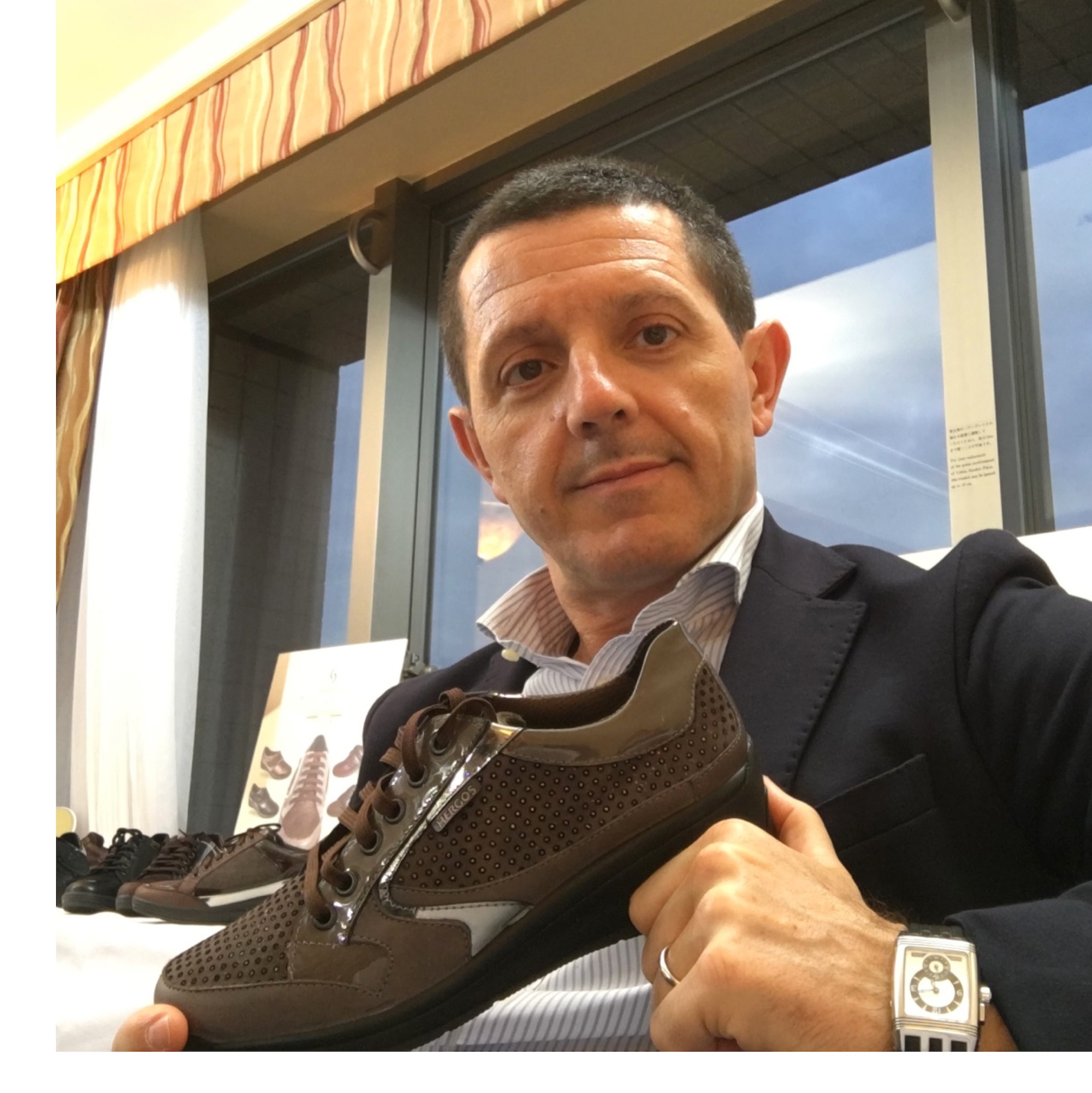A gift, undoubtedly the most appreciated one, to his father Gaspare, but also the consecration of an excellence of Made in Italy, born in Spoleto as a craft workshop in 1896 and now a small family-owned company that has opened to the world. The postmark dedicated on May 1st to Sabatini Calzature by the Italian Postal Service was the culmination of the celebrations for the company’s 120th anniversary, but also an homage to one of the people who made it great.
“My father Gaspare was always a stamp-collector and this recognition of his work, but also of his passion, was the greatest honour,” recalls Federico Sabatini (photo), the fourth-generation head of the Umbrian company specialized in footwear for relaxation and orthopaedic shoes designed to alleviate particular foot disorders.
The business was started by Luigi Sabatini in San Giovanni di Baiano, a small ward of Spoleto, and 120 years later the shoes are still made there. The turning point came in the 1970s, when Gaspare and his wife Luciana decided to make a quality leap and start producing on a national scale. “Back then the reference market was Italy and at the time we made clogs and slippers,” Gaspare Sabatini recalls. “We made the passage to orthopaedic sandals in the last 25 years thanks to investments in both innovative products and distribution: our footwear was becoming more and more technical and that’s why we began to turn to new sales channels like orthopaedics and healthcare.”
A positioning that didn’t erase the legacy of the founder Luigi and his manual skills. “Some of our lines are still stitched by hand even if the processing has become more technological,” points out the head of the company, which has sales revenues of €6m and 35 direct employees, plus 65 indirect ones.
For 15 years the two trademarks, Sabatini, which has a vocation for wellness, and Hergos, specialized in health, have been present in France “where we’re the only non-French brand for which the national health service provides reimbursements.” Then there’s Israel, Russia, Japan, the United States and, since recently, also Korea.

